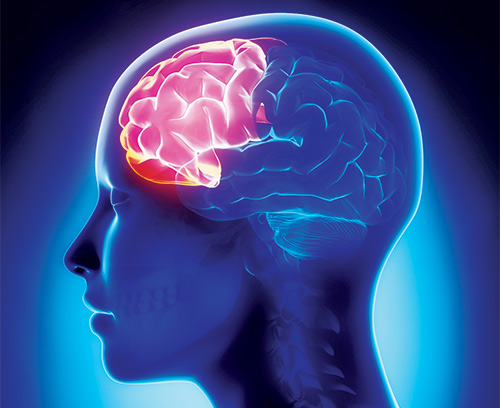
Source: CLIPAREA.com/Fotolia
Researchers at the University of Copenhagen in Denmark say they have discovered that noninheritable Parkinson’s Disease (PD) may be caused by functional changes in the Interferon-beta (IFNβ) gene, which plays a vital role in keeping neurons healthy by regulating waste management. Treatment with IFNβ-gene therapy successfully prevented neuronal death and disease effects in an experimental model of PD.
The team’s study (“Lack of Neuronal IFN-β-IFNAR Causes Lewy Body- and Parkinson’s Disease-like Dementia”) was published in Cell.
“We found that IFNβ is essential for neurons ability to recycle waste proteins,” explained Patrick Ejlerskov, Ph.D., an assistant professor in the lab of Shohreh Issazadeh-Navikas, Ph.D., at the university’s Biotech Research and Innovation Center (BRIC) and first author on the paper. “Without this, the waste proteins accumulate in disease-associated structures called Lewy bodies and with time the neurons die.”
The scientists found that mice missing IFNβ developed Lewy bodies in parts of the brain, which control body movement and restoration of memory, and as a result they developed disease and clinical signs similar to patients with PD and dementia with Lewy bodies (DLB).
While hereditary gene mutations have long been known to play a role in familial PD, the study from BRIC offers one of the first models for so-called nonfamilial PD, which comprises the majority (90-95%) of patients suffering from PD. According to Dr. Issazadeh-Navikas, the new knowledge opens new therapeutic possibilities.
“This is one of the first genes found to cause pathology and clinical features of nonfamilial PD and DLB, through accumulation of disease-causing proteins,” she said. “It is independent of gene mutations known from familial PD and when we introduced IFNβ-gene therapy, we could prevent neuronal death and disease development. Our hope is that this knowledge will enable development of more effective treatment of PD.”
Current treatments are effective at improving the early motor symptoms of the disease. However, as the disease progress, the treatment effect is lost. The next step for the research team will be to gain a better understanding of the molecular mechanisms by which IFNβ protects neurons and thereby prevents movement disorders and dementia.



